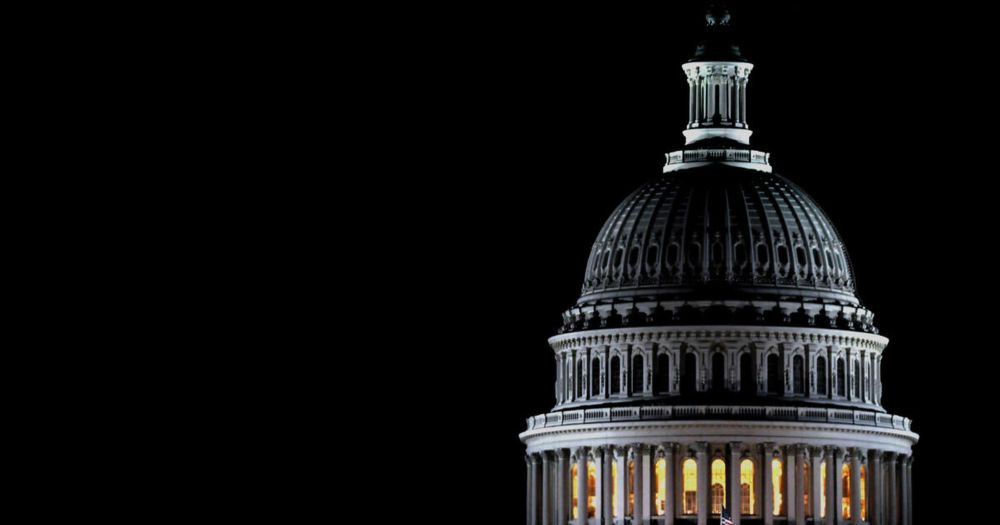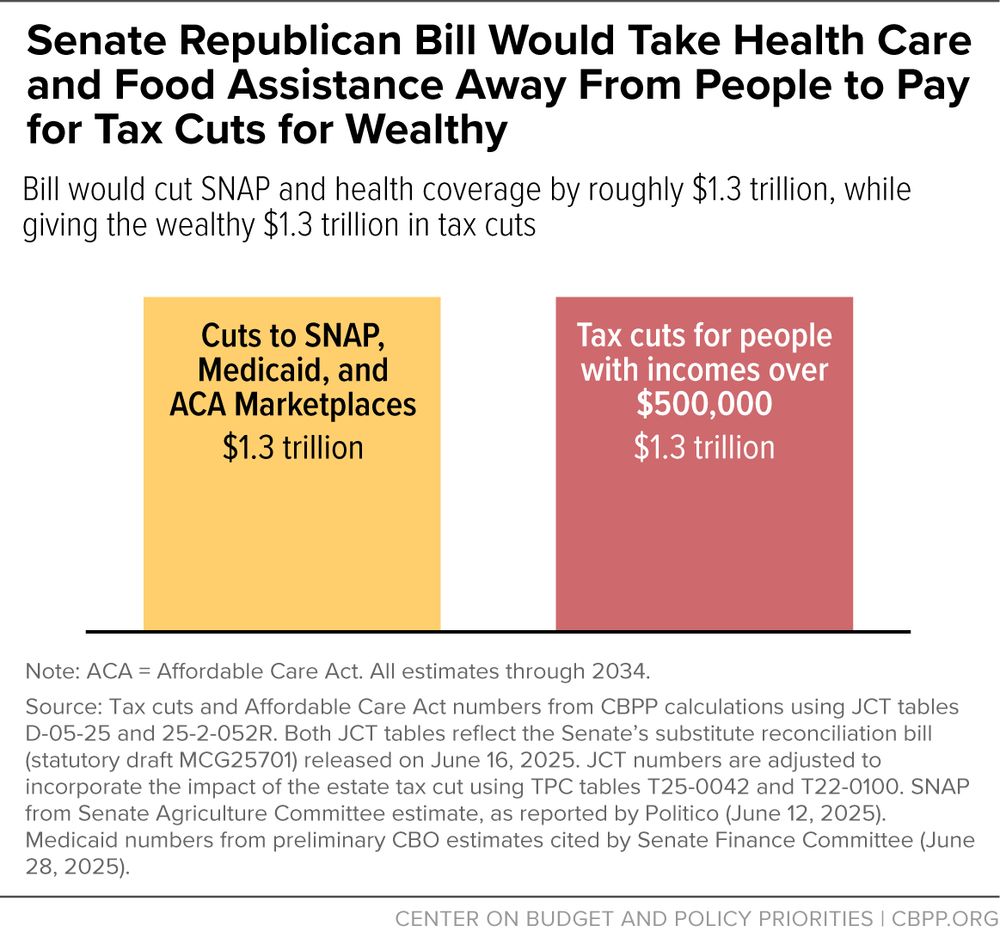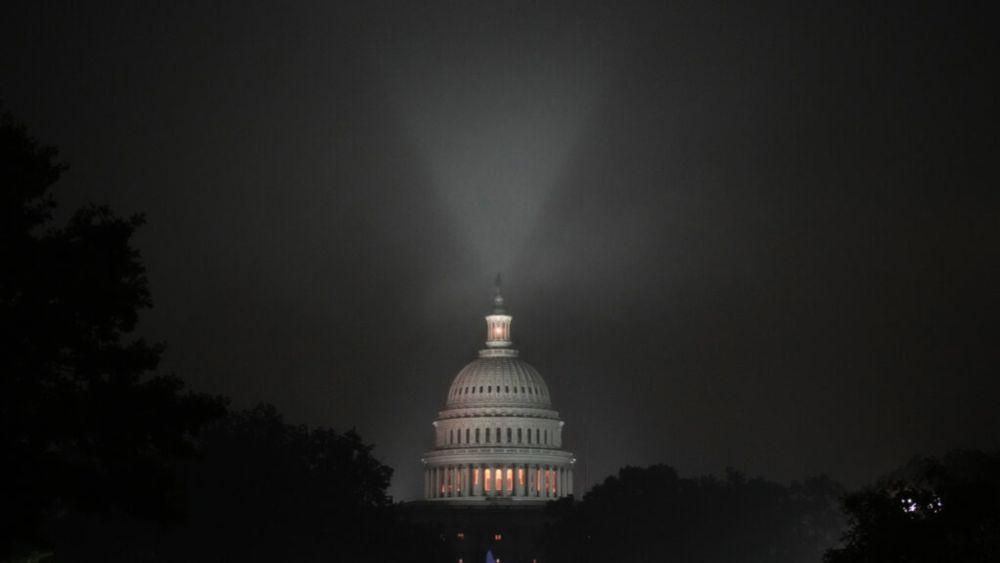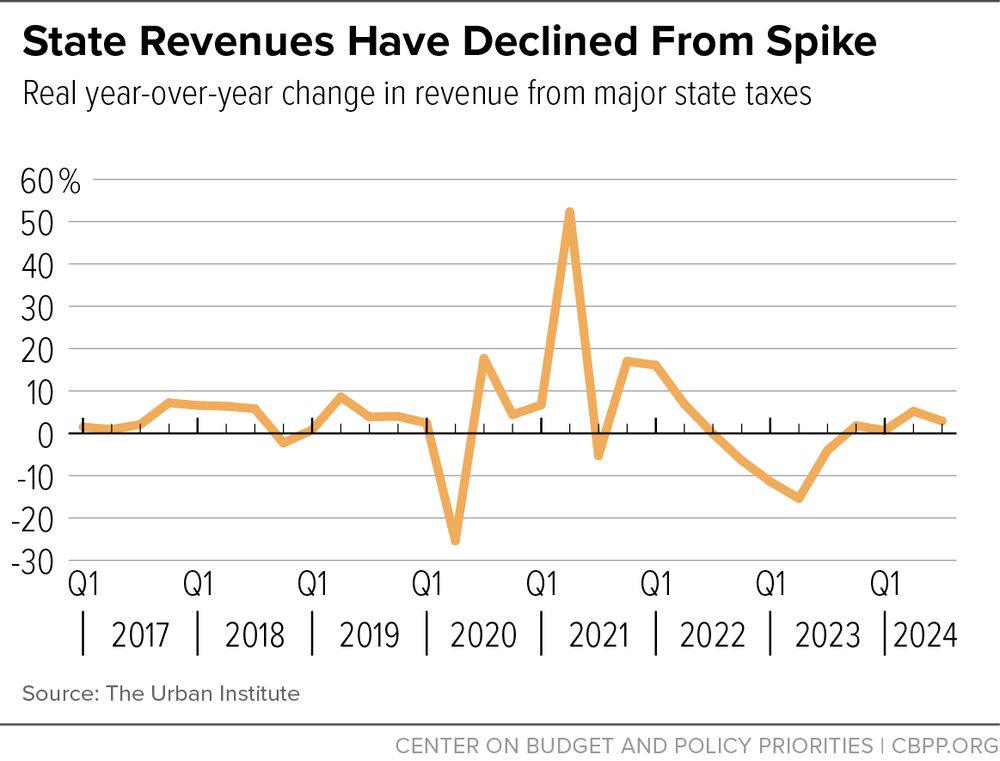Wesley Tharpe
@wesleytharpe.bsky.social
600 followers
820 following
110 posts
Senior Advisor for State Tax Policy @centeronbudget.bsky.social. Formerly @gabudget.bsky.social. I've been called the emerging tax cut conscience of a nation. Mostly music, memes, West Wing, and the open road beyond that.
Posts
Media
Videos
Starter Packs
Pinned
Reposted by Wesley Tharpe
Katie Bergh
@katiebergh.bsky.social
· Jul 1
Reposted by Wesley Tharpe
Katie Bergh
@katiebergh.bsky.social
· Jun 30
Reposted by Wesley Tharpe
Reposted by Wesley Tharpe
Reposted by Wesley Tharpe
Wesley Tharpe
@wesleytharpe.bsky.social
· Jun 25

Roundup: State Budgets Increasingly Strained as House, Senate Republican Plans Would Impose Major Costs | Center on Budget and Policy Priorities
Senate and House Republican leaders are advancing a massive tax and budget package — a process technically known as reconciliation — that features extreme cuts to food assistance and health care...
www.cbpp.org
Reposted by Wesley Tharpe
Ty Jones Cox
@tyjonescox.bsky.social
· Jun 24
Reposted by Wesley Tharpe
Reposted by Wesley Tharpe
Allison Orris
@aorris.bsky.social
· Jun 20

By the Numbers: Senate Republican Leadership’s Health Agenda Takes Health Coverage Away From Millions of People and Raises Families’ Costs | Center on Budget and Policy Priorities
The Senate Republican leadership’s reconciliation proposal would take health coverage away from millions of people and dramatically raise health care costs for millions more.
www.cbpp.org
Reposted by Wesley Tharpe
Sharon Parrott
@sharonparrott.bsky.social
· Jun 17
Reposted by Wesley Tharpe
Wesley Tharpe
@wesleytharpe.bsky.social
· May 13

Shifting Federal Costs for Food Assistance, Health Care, Other Priorities to States Would Cause Widespread Harm | Center on Budget and Policy Priorities
House and Senate Republicans are working overtime to rush through a federal budget plan that would cut off large portions of federal funding for food assistance, health care, and other vital programs....
www.cbpp.org








